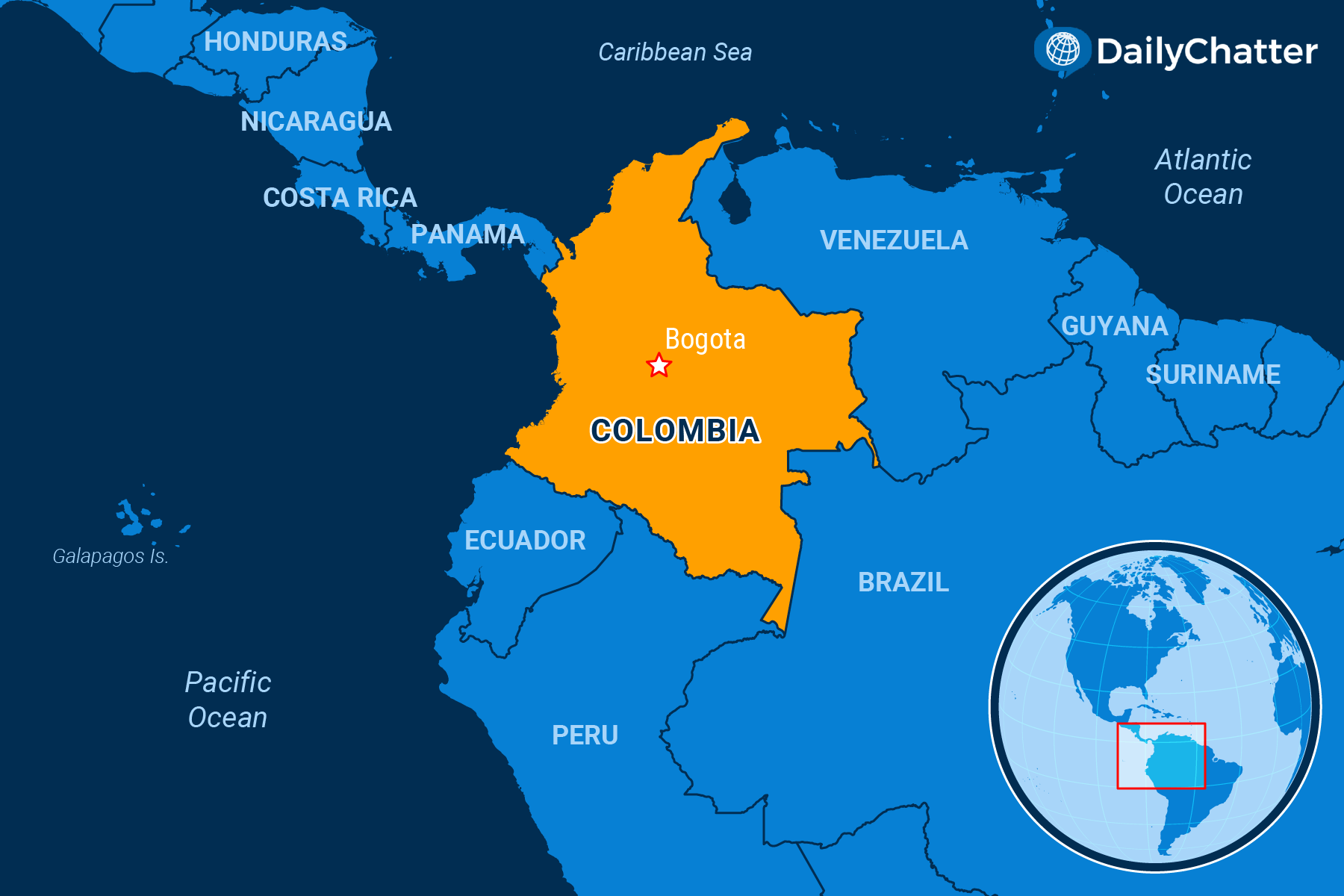South America has been a special part of my life for four decades. I have lived many years in Brasil and Peru. I am married to an incredible lady from Argentina. I want to share South America with you.
Friday, August 26, 2022
Wednesday, August 24, 2022
Colombia To Legalize Cocaine????
Historic Shift
COLOMBIA

Leftist President Gustavo Petro proposed new plans to decriminalize cocaine in Colombia, in an effort to end the war on drugs despite concerns from its main ally the United States, the Washington Post reported.
Colombia, the largest producer of cocaine in the world, has been on the frontline of the war on drugs and has kept a long-standing – and profitable – counter-narcotics relationship with the US.
But the radical shift come a few months after Colombia’s truth commission released a final report criticizing the country’s decades-long war on drugs.
The commission, set up as part of Colombia’s 2016 peace accord between the government and the Revolutionary Armed Forces of Colombia (FARC), discovered that drug trafficking had contributed to the conflict’s prolongation, despite more than $8 billion in US military aid to the South American country to fight the drugs trade. At least 260,000 Colombians were killed in the fighting, the vast majority of them civilians, CNN noted.
The new Colombian government prepared its drug policy days before taking office on Aug. 7. Felipe Tascon, Petro’s drug policy coordinator, said the then-incoming president spoke of convincing world leaders that illicit drugs aren’t the problem, but its prohibitions, Colombia Reports wrote.
The legislation would also put an end to the aerial spraying and manual eradication of coca farms, which critics say has been targeting poor rural farmers.
US government officials, however, said they would not support the decriminalization proposal, noting that cocaine was responsible for an estimated 25,000 overdose deaths in the US in 2021.
A former US Drug Enforcement Administration (DEA) official, meanwhile, fears this will limit the agency’s collaboration with the Colombians on drug trafficking investigations from Bogota, Colombia, home to the largest DEA overseas office – and the world’s largest cocaine producer.
“Everyone would be fighting from the outside in,” he said.
Friday, August 19, 2022
Gang Violence In Ecuador
Collateral Damage
ECUADOR

Ecuadorian authorities arrested a suspect connected to a deadly weekend blast in the port city of Guayaquil, an explosion that marked an escalation of gang violence in the South American country, Agence France-Presse reported this week.
On Sunday, five people died and 17 others were injured when two individuals on a motorcycle threw a bag of explosives into a restaurant in the Cristo del Consuelo district of the port city.
Interior Minister Patricio Carrillo said the suspect “admitted to being involved in the terrorist attack” in the district.
The explosion rocked the country, prompting President Guillermo Lasso to declare a 30-day emergency in the city.
The recent attack underscores the ongoing problem of organized crime and drug trafficking in Ecuador, a country sandwiched between two of the world’s largest cocaine producers, Colombia and Peru.
According to United Nations data, Ecuador accounted for 6.5 percent of the cocaine captured worldwide in 2020. Feuding between rival gangs has reached the country’s prisons and has left more than 400 dead since February 2021.
Guayaquil has been particularly affected: The city experienced 72 of 145 explosive-related attacks in Ecuador this year, according to the government.
The city, which is also the home to the country’s main port, serves as a crucial hub for drug trafficking from Peru and Colombia.
Monday, August 15, 2022
Paraguay-Dirty Justice
Dirty Justice
PARAGUAY

Paraguayan Vice-President Hugo Adalberto Velázquez Moreno will step down from his post after the US blacklisted him for alleged corruption, a move that further erodes trust in the government of the South American nation, the Washington Post reported.
US officials unveiled a corruption list Friday that included Velázquez and a close associate of the vice-president, Juan Carlos ‘Charly’ Duarte Martínez. The vice-president’s designation stems from allegations that he, among other things, offered a bribe to a public official and interfered in public proceedings.
The designation means that Velázquez, Duarte and their immediate family members are barred from entering the US.
The US decision shook the landlocked nation amid an electoral campaign ahead of next year’s elections. Following the designation, Velázquez said he is withdrawing his candidacy for president and plans to resign as vice-president.
He added that he will work to clear his name.
Meanwhile, President Mario Abdo Benítez said the blacklisting “surprised all of us.”
Velázquez’s blacklisting comes a few months after the murder of Paraguayan prosecutor Marcelo Pecci by hit men in Colombia. Colombian authorities said the killing of Pecci, who was known for pursuing organized crime in the region, was connected to international drug trafficking groups.
Analysts said the blacklisting and Pecci’s murder confirmed suspicions among Paraguayans that “the justice system is infiltrated by corruption at the very highest levels.”